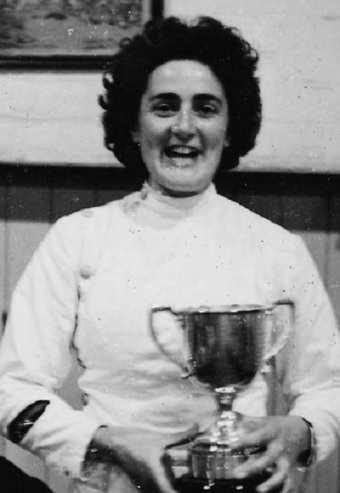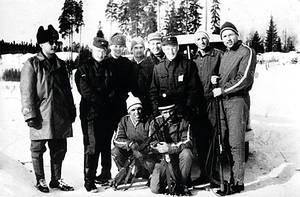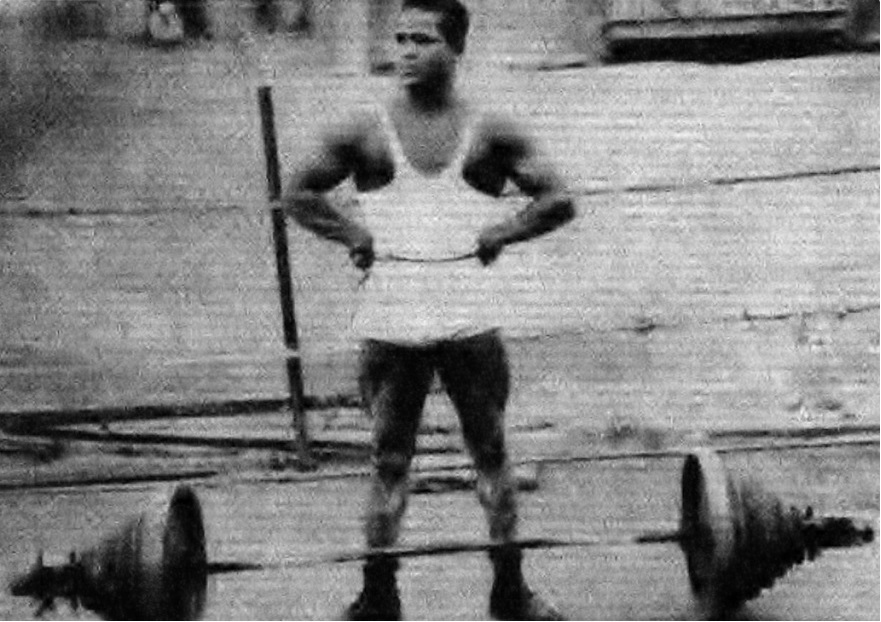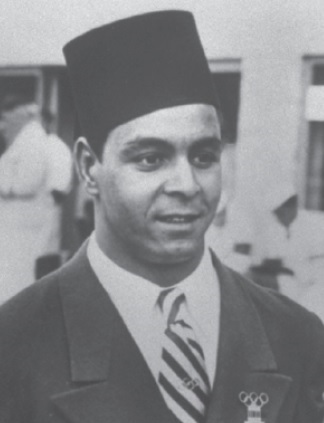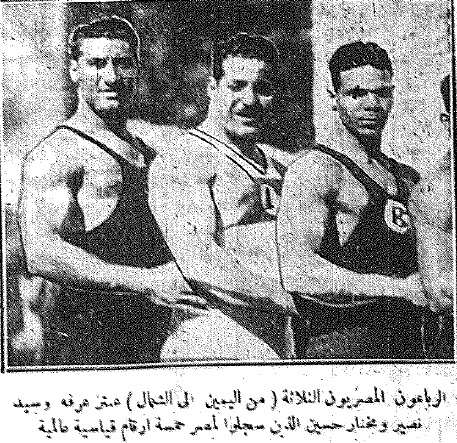Simone Biles comes into Tokyo universally acclaimed as the GOAT – the greatest female gymnast of all-time. At Rio in 2016 she won 5 medals, with 4 gold medals in the all-around, team event, horse vault, and floor exercise, adding a bronze medal on the balance beam.
At Tokyo she will again compete in the individual all-around and team event and will likely qualify for several apparatus finals. She is the overwhelming favorite in the individual all-around, not having lost an all-around competition since before Rio, although she did struggle on the second day of the recent US Olympic Trials. The USA women have won team gold in 2012 and 2016 and will likely be slight favorites again.
It’s difficult to predict how many medals and golds Biles can win in Tokyo, as the apparatus finals are a bit more of a crapshoot, but she is likely to win medals on several apparatuses, and some of them could be gold. Let’s look at what happens if she repeats her performance from Rio with 4 gold medals and 5 medals in all, which would give her 10 Olympic medals and 8 gold medals. We’ll compare mostly to women in gymnastics as men have an advantage, since they have 2 more apparatuses on which they can win medals.
- 10 medals would rank her 3rd all-time, trailing Larissa Latynina (USSR) (18) and Věra Čáslavská (Czechoslovakia) (11), and would tie her with Soviet Polina Astakhova and Hungarian Ágnes Keleti (who just turned 100-years-old on January 9 of this year)
- 8 gold medals would rank Biles 2nd all-time only behind Latynina, who won 9 golds. Were Biles to end up with 7 gold medals she would tie Čáslavská, and even winning a single gold would give her 5 gold medals, tieing her for 3rd on the women’s gymnastics lists with Astakhova, Keleti, Nadia Comăneci (Romania), and Nelli Kim (USSR).
Looking only at American gymnasts, Biles already has the most gold medals with 4, followed by Gabby Douglas and Aly Raisman with 3. Shannon Miller has the most medals among American female gymnasts, with 7, followed by Raisman with 6. Biles is tied with 5 with Nastia Liukin and Mary Lou Retton, but in Tokyo Biles is almost certain to surpass Miller and Raisman and move to #1 among American Olympic gymnasts. None of the American men approach these numbers, with Mitch Gaylord having won the most medals at modern Olympics, with 4 in 1984.
Among American women at the Olympics in all sports, three swimmers stand out, having won 12 medals – Jenny Thompson, Dara Torres, and Natalie Coughlin. Allyson Felix is next with 9 medals in track & field (and now Allison Schmitt, with 9 medals in swimming) and she will compete in Tokyo and likely increase that total. Biles could move up to 10, and even 11, if she medals in every event, but will still trail Thompson, Torres, and Coughlin, and probably Felix.
However, for gold medals, Biles could move to the top of the American women. Thompson leads the list with 8 gold medals, followed by Felix and swimmer Amy Van Dyken with 6 golds. If Biles wins another 4 golds in Tokyo, she will match Thompson, although Felix could also move up with relay golds in Tokyo.
In terms of all sports Biles could possibly match Latynina’s 9 gold medals, if she were to win 5 golds in Tokyo. Four Tokyo golds would give her 8 and equal Norwegian cross-country skier Marit Bjørgen, while three would equal Čáslavská’s 7.
Individually, Biles won 3 golds and 4 medals in Rio, and will increase those numbers in Tokyo. If she wins 4 individual golds, she will tie Věra Čáslavská for the most among women in any Olympic sport, with 7. Six individual Olympic golds would tie Biles for second with Latynina and Soviet speedskater Lidiya Skoblikova. Latynina has 14 individual Olympic medals and is out of sight. Next on the list for Biles to shoot at among women is Čáslavská with 7, and with 6 – Nadia Comăneci, Merlene Ottey (JAM-ATH), Krisztina Egerszegi (HUN-SWI), and Kirsty Coventry (ZIM-SWI).
Finally, there is one more arcane Olympic record Biles may garner in Tokyo. She won 3 individual Olympic golds in Rio, and if she repeats that in Tokyo, she will join Věra Čáslavská and Michael Phelps as the only Olympians to win 3 or more individual Olympic golds at 2 Olympic Games.
